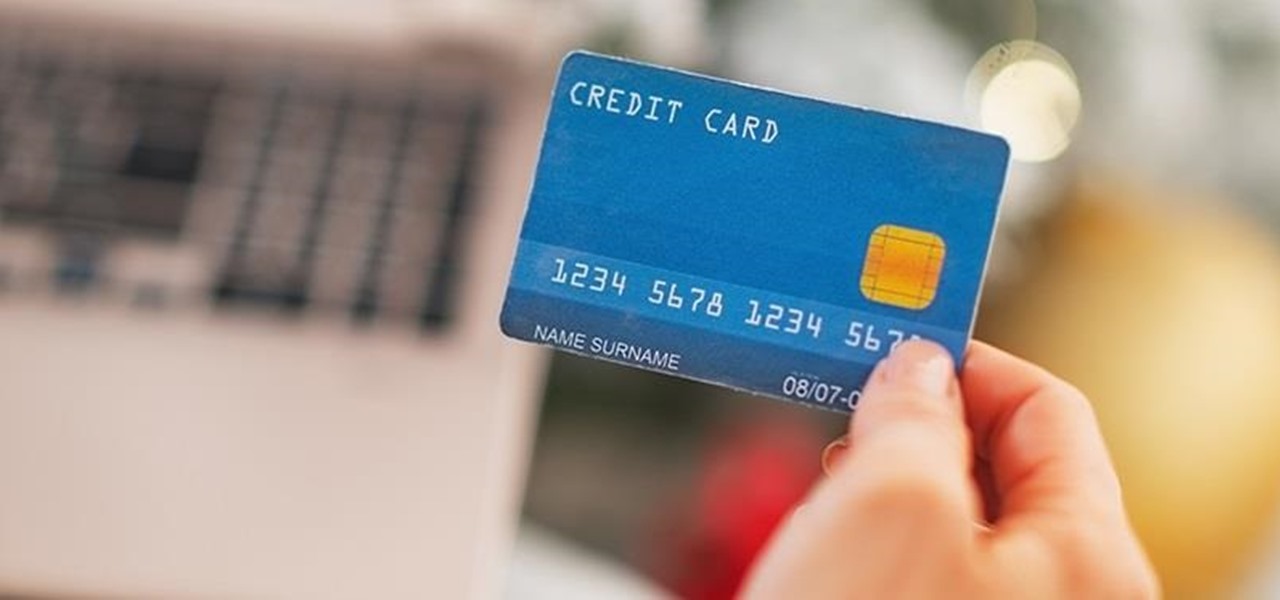
A credit score is a numerical representation of an individual’s creditworthiness, and it plays a crucial role in determining their eligibility for loans, credit cards, and other financial products. Credit scores range from 300 to 850, and a higher score indicates that the person is more creditworthy. Credit scores are calculated based on various factors, including payment history, credit utilization, length of credit history, and new credit inquiries. A false credit card can negatively impact your credit score, and in this blog, we will explore how.
What is a False Credit Card
A false credit card is a credit card that is opened using someone else’s identity without their knowledge or consent. Scammers can use a person’s social security number, address, and other personal information to apply for credit cards in their name. False credit cards can also be created by altering legitimate credit cards or by using fake credit cards. Common ways people can fall victim to false credit card scams include phishing emails, phone calls, and text messages.
How a False Credit Card Can Ruin Your Credit Score
False credit card activity can negatively impact credit scores in several ways. First, missed payments on fraudulent credit cards can significantly decrease your credit score. Late payments can stay on your credit report for up to seven years, and they can lower your score by up to 100 points. Second, fraudulent credit card activity can increase your credit utilization rate, which is the percentage of your available credit that you’re using. High credit utilization rates can lower your credit score.
Consequences of Fraudulent Credit Card Activity
The consequences of fraudulent credit card activity can be severe. If the fraud is not detected and addressed promptly, it can result in significant financial losses, damaged credit scores, and even legal problems. Victims of false credit card scams may have difficulty obtaining credit in the future, and they may also experience difficulties renting apartments, getting jobs, or qualifying for insurance.
Steps to Take If You Suspect Fraudulent Activity
If you suspect fraudulent credit card activity, it’s essential to take action quickly. The first step is to check your credit report for any unfamiliar accounts or transactions. If you notice any suspicious activity, you should contact the credit reporting agencies immediately and request a fraud alert. You should also report the fraudulent activity to the credit card issuer and the authorities.
Protecting Yourself from False Credit Card Scams
The best way to protect yourself from false credit card scams is to safeguard your financial information. You should be careful about sharing your personal information, and you should use strong passwords and two-factor authentication whenever possible. You should also monitor your credit report regularly and review your credit card statements for any unauthorized transactions. If you’re not using a credit card, it’s a good idea to keep it in a safe place, such as a locked drawer or cabinet.
False credit cards can ruin your credit score and cause significant financial and legal problems. It’s essential to take steps to protect yourself from false credit card scams and to act quickly if you suspect fraudulent activity. By being vigilant and proactive, you can help maintain a healthy credit score and protect your financial future.